Books That Represent Us: Aaron Foley channels his love for Detroit into his fiction debut
If Aaron Foley is going to do one thing, it's represent his hometown.
After writing the nonfiction books How to Live in Detroit Without Being a Jackass and The Detroit Neighborhood Guidebook, Foley makes his fiction debut with Boys Come First (out now), a novel about three Black gay friends in the Motor City. When Dominick Gibson heads home to Detroit after a breakup and losing his job, he reconnects with his best friend Troy Clements and Troy's friend Remy Patton.
Boys Come First explores family drama, workplace microaggressions, and more issues affecting Black gay men in contemporary Detroit. It's also a tale of friendship that represents Foley's lived experience.
"I wanted to tell a story about friendship, a testament to Black friendship," the author tells EW. As for the setting, he says Detroit is "a hugely important city that does not get represented in literature enough."
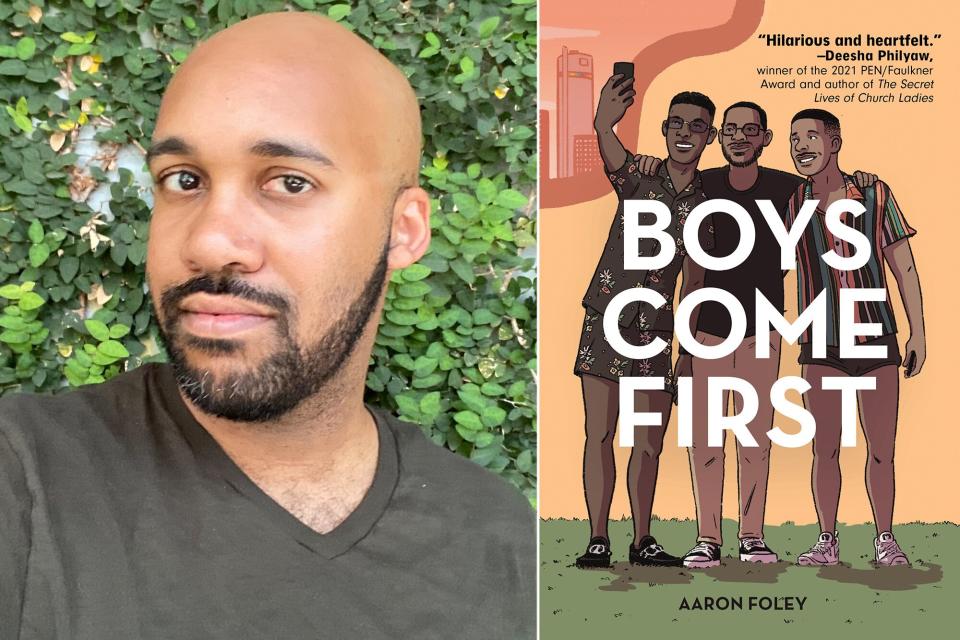
Courtesy Aaron Foley; Belt Publishing Aaron Foley is the author of 'Boys Come First'
With his first novel, Foley aimed to write something gay men will talk about in their group chats because it reflects their own lives. "There's a lot of misunderstanding of how gay Black men move in this world," Foley says of how they are often depicted in popular culture. With Dominick, Troy, and Remy, Boys Come First presents emotionally complex characters who feel real and three-dimensional. "They are sons, nephews, cousins," Foley says. "The gay guy you work with, this is a book about them."
Foley's deep love for his hometown is apparent in the ways he contextualizes Detroit's history and what people living in the city today face. The rapid state of redevelopment, gentrification, and other changes impact his characters' community and the city at large.
"Detroit being a majority Black city and seeing who is inhabiting and patronizing these spaces is jarring for a Black person who was born and raised in the city," he says. "We grew up with Black teachers, superintendents, Black people at every elected level, Black police officers, and things like that. So when people hit the point where they have to make decisions about their career in the present, they are doing it in this new space where they see non-Black people in power."
Below, Foley shares some of his favorite novels about the Midwest and queer people of color.
<em>The Town of Babylon</em>, by Alejandro Varela
Varela's novel centers on a professor of public health who returns home to Long Island for his high school reunion. "During his time back home he's confronting all of these things about his identity as a queer Latinx person and how he relates to his family," Foley says. "It's a great singular journey of a queer character that we don't always see, but it's also funny, honest, and accessible."
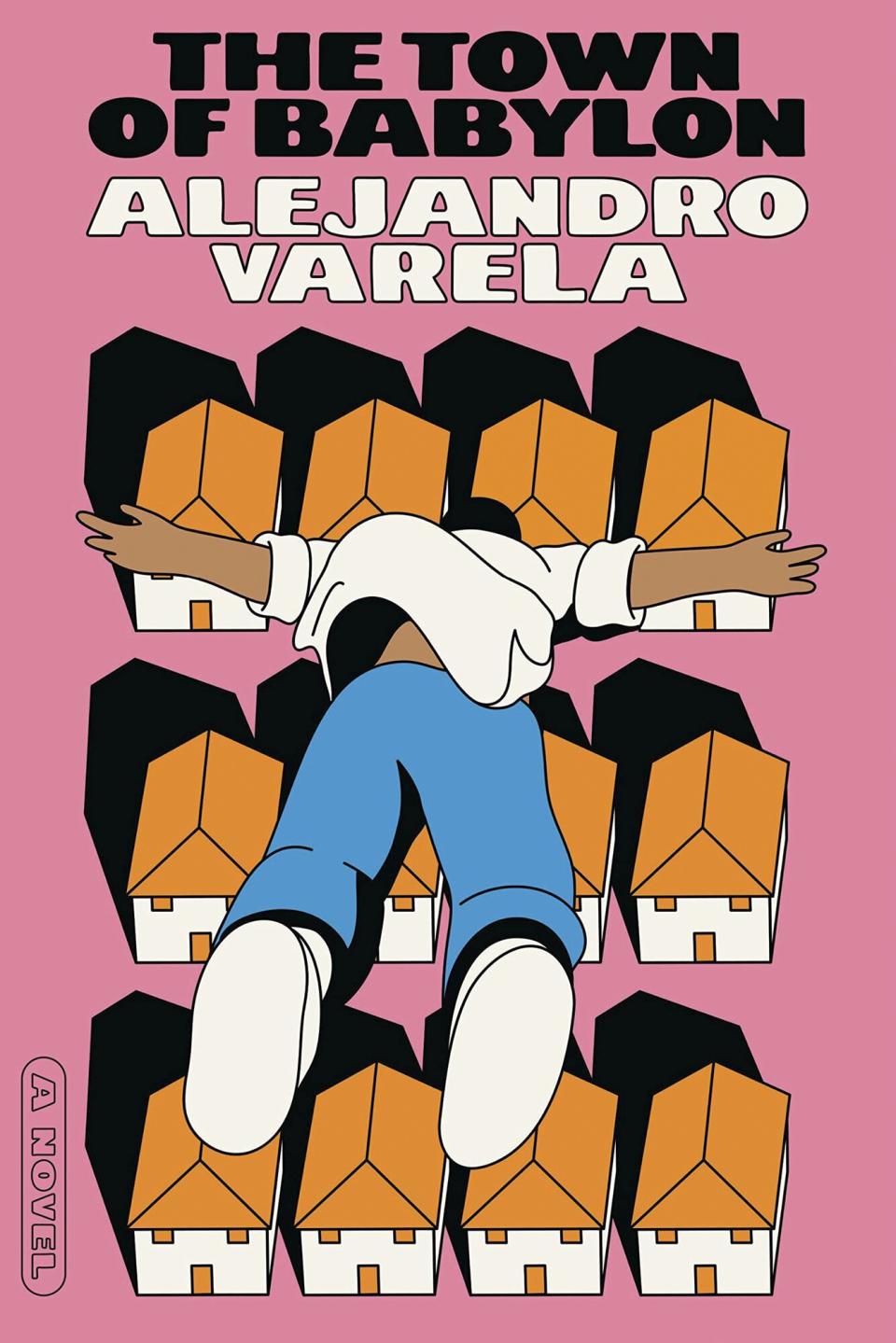
<em>I'm Not Hungry But I Could Eat</em>, by Christopher Gonzalez
"A lot of queer authors right now who are writing in the adult contemporary space are trying to create multiple characters and make up for the lack of them. This is a collection of [stories about] queer Puerto Rican men who largely struggle with their relationships to people and how food interacts with that," Foley says. A mix of funny and heart-wrenching tales, the collection explores how its characters approach life and navigate multiple identities.
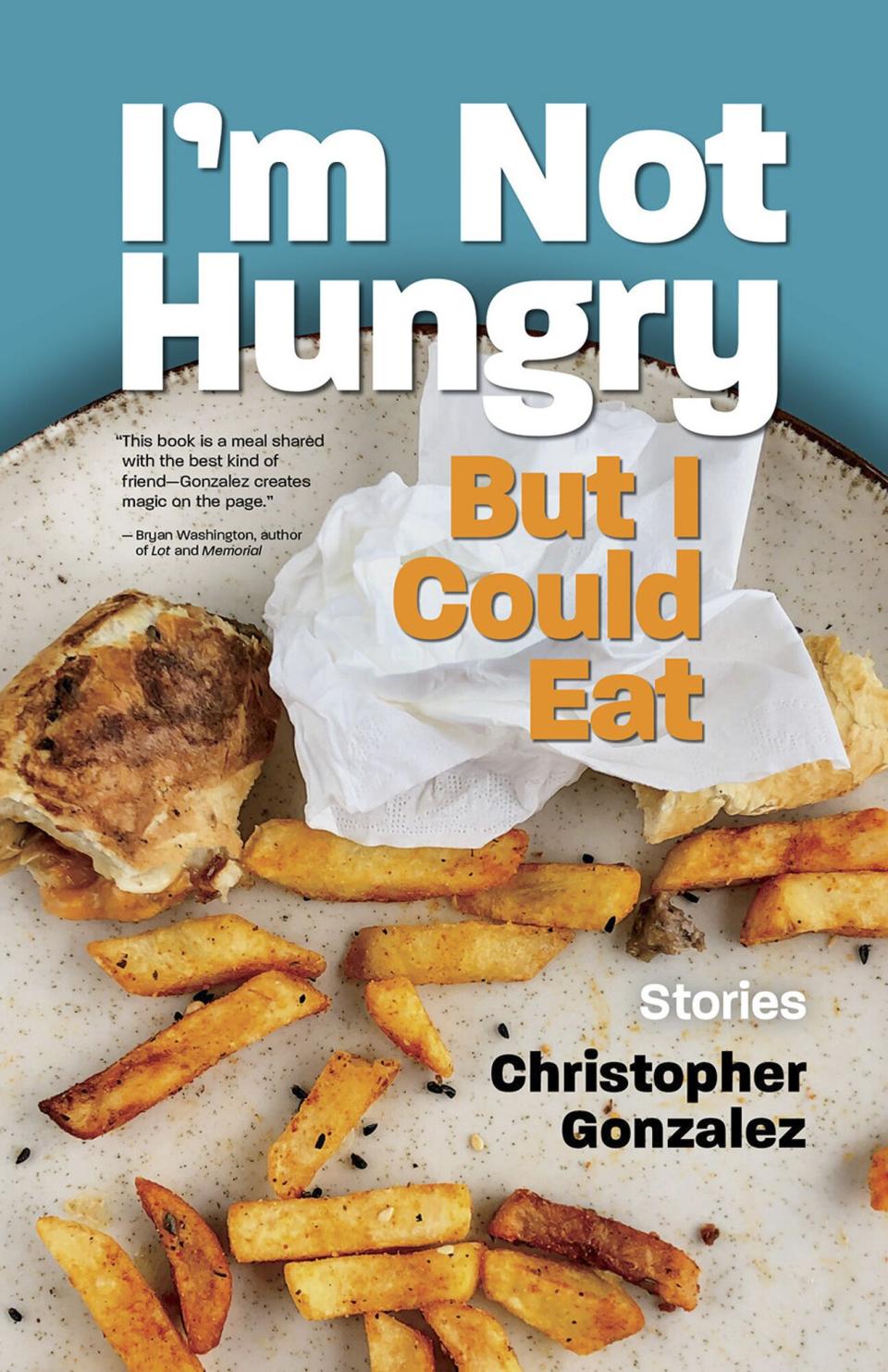
<em>Love Radio</em>, by Ebony LaDelle
"It is one of the most Detroit books I've ever read," Foley says of LaDelle's tender love story. Love Radio is about a teenage DJ who dispenses romantic advice on the air and the girl he's trying to win over (who doesn't listen to the radio). Between the music referenced, the teens' love of skating, and the inclusion of a local talent show that was big when Foley was a teenager, the small details of life in Detroit live in the book. "I see myself in these characters like this was me 20 years ago," Foley says.
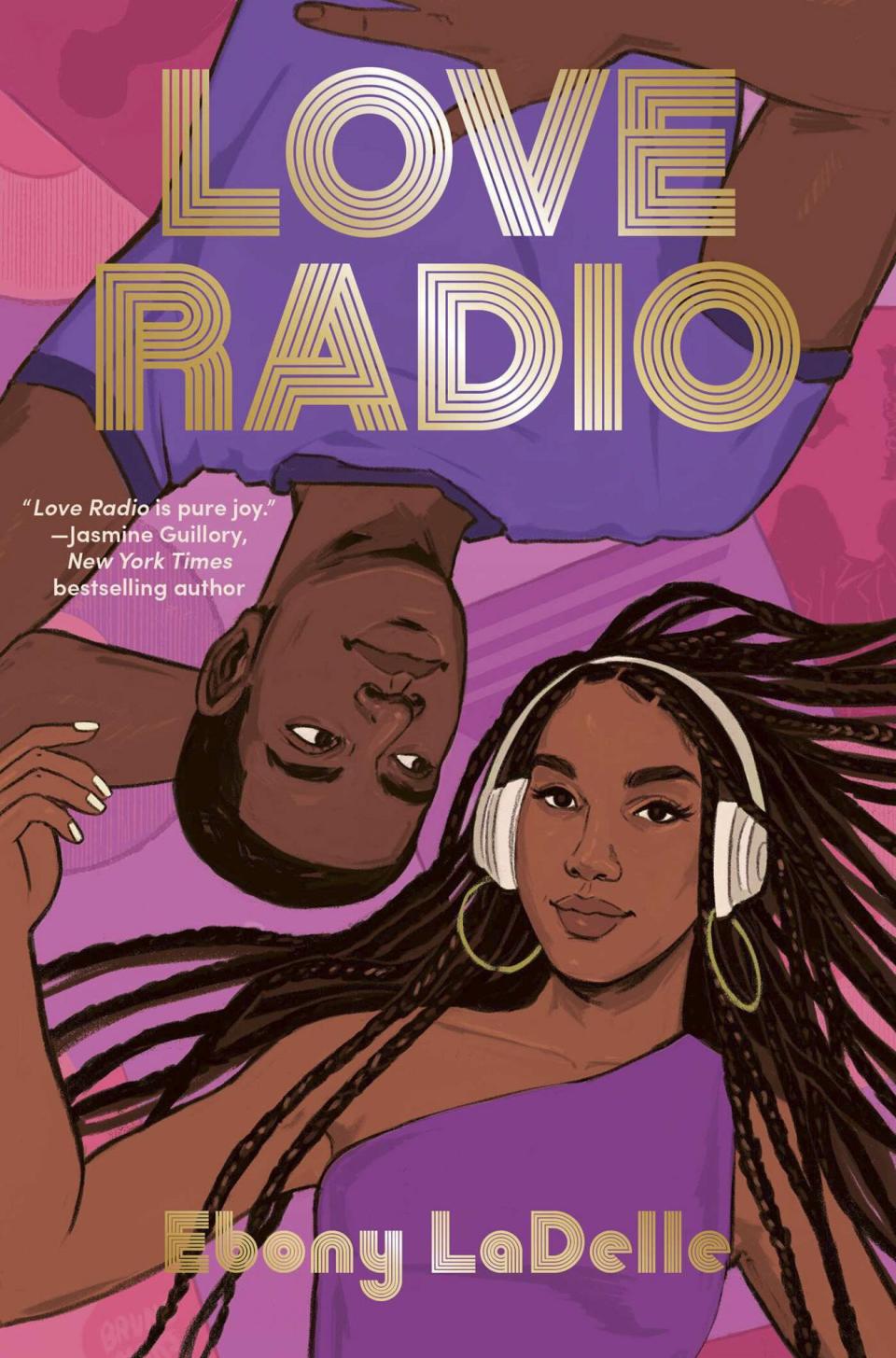
<em>Chevy in the Hole</em>, by Kelsey Ronan
"I'm a big proponent of fiction about the Midwest because of lot of fiction is very coastal," Foley says. Ronan's love letter to Flint, Mich., "humanizes a city that has been demonized for so long." Chevy in the Hole walks readers through the city history from auto workers' strikes to economic changes to racism in the '60s, from the perspectives of two characters in an interracial relationship.
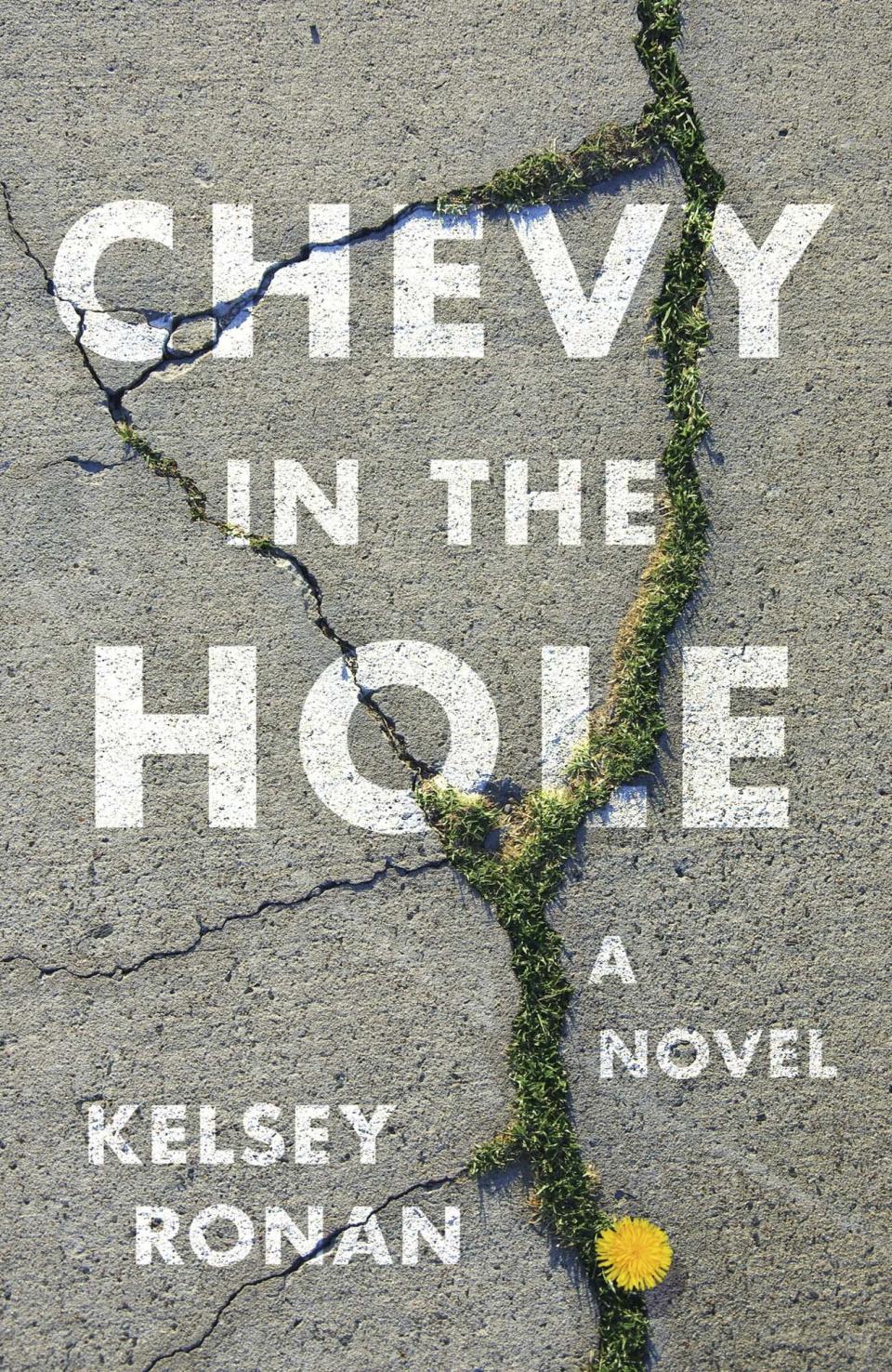
<em>Waiting to Exhale</em>, by Terry McMillan
Foley remembers loving how McMillan's classic novel provided him with a honest portrayal of what it's like to be a young Black person navigating adulthood. "That's the one I turned to as a kid, and I reread it twice in my life," he says. "Once as a college student and once when I was writing my own book. Terry does such a good job being real about the good, the bad, and the ugly of being young and Black." For Foley, Waiting To Exhale is still relevant 30 years after its release: "The only thing that has changed is the technology."
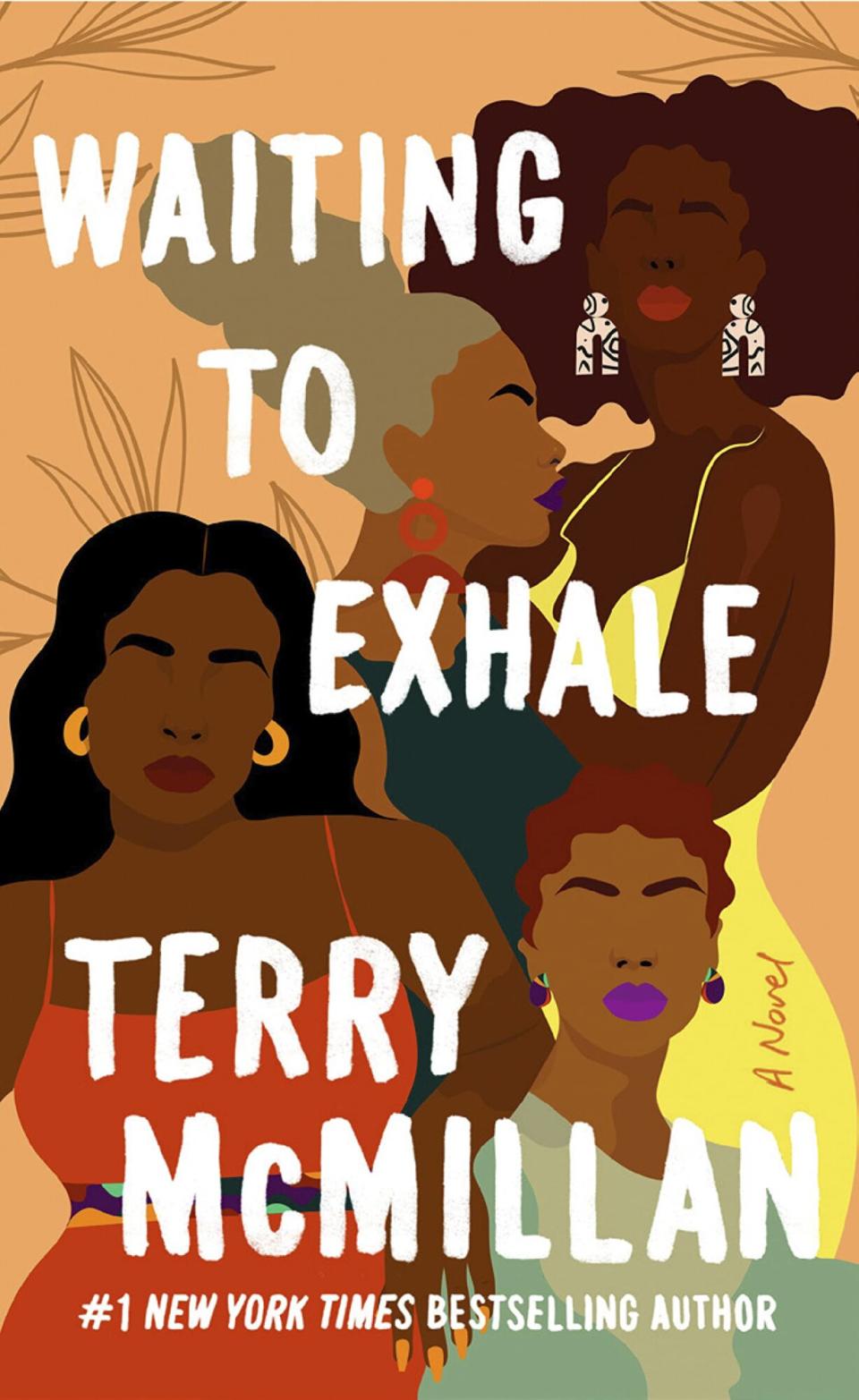
Related content:

